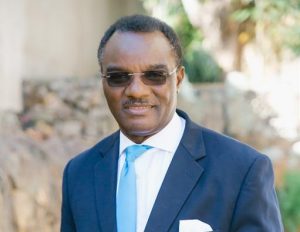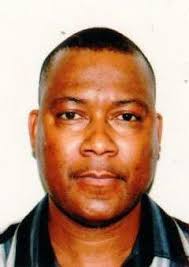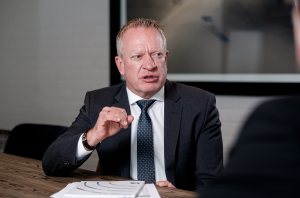
Businessman Dr Leake Hangala said Namibia should focus on pumping money into areas such as agriculture should we be granted the IMF loan.
He added that we should not look at consumables but rather money-making sectors.
He also added that these times are difficult times for everybody and citizen need to adhere to the rules and regulations put about to keep us safe to not endanger each other. He further says lockdown is not enough to keep people safe.
Businessman Sven Thieme said over the next 16 days the country will see more joblessness when small companies close while the reserves of bigger companies drying up. “The repercussions of a bad economy will be much much worse than that of a pandemic.
It takes a long time to build what we had before and it takes a short while to destroy it,” Thieme said.
Speaking on tourism, Thieme said the revival of the sector will not be overnight and it will be a hard process to rebuild again.
“If we believe we can turn around tourism overnight, we are dreaming. It is a hard process to restart that part of the economy again,” Thieme warned.
He also said the decisions on the restrictions are made by those who have a definite income.

Senior Lecturer in the Department of Economics at Unam Omu Kakujaha-Matundu said the stage 3 lockdown along with the added regulations restricts business activities especially on the country’s two economic hubs, Windhoek and the two coastal towns.
“If you have basically locked down your two major economic hubs that are your coast towns and (most) of the Khomas Region is not easy,” Kakujaha-Matundu said.
The economist further pointed out that the prolonged lockdown could undo Namibia’s gains made in the past 30 years.
Kakujaha-Matundu questioned whether Namibia rushed to stage 2 and 3 or the fact that a lockdown was imposed too early when Namibia recorded its first two cases during the early days in March 2020.
 Businessman Dr Leake Hangala said Namibia should focus on pumping money into areas such as agriculture should we be granted the IMF loan.
Businessman Dr Leake Hangala said Namibia should focus on pumping money into areas such as agriculture should we be granted the IMF loan.
 Senior Lecturer in the Department of Economics at Unam Omu Kakujaha-Matundu said the stage 3 lockdown along with the added regulations restricts business activities especially on the country’s two economic hubs, Windhoek and the two coastal towns.
Senior Lecturer in the Department of Economics at Unam Omu Kakujaha-Matundu said the stage 3 lockdown along with the added regulations restricts business activities especially on the country’s two economic hubs, Windhoek and the two coastal towns.








Comments